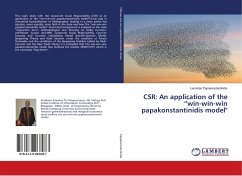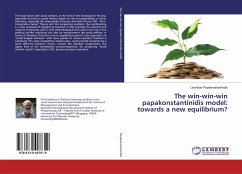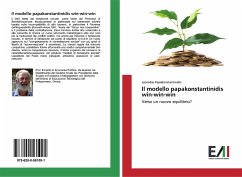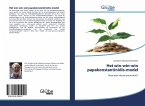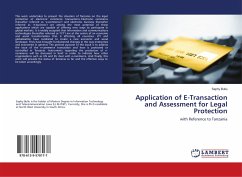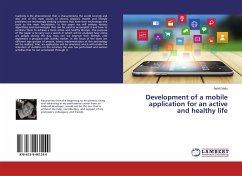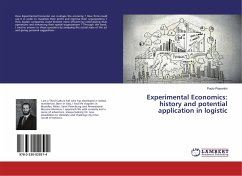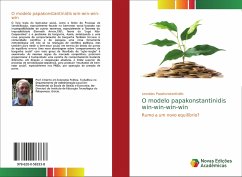This work deals with the Corporate Social Responsibility (CSR) as an application of the "win-win-win papakonstantinidis model"(3-win pap in theoretical base[collection of bibliography], leading in a more justice less injustice, more equality, more faith in the state and laws The "win-win-win papakonstantinidis model" theoretical background is analyzed as the main "interaction form" methodological tool focusing on Utility Function, Indifferent Curves and MRS, Corporate Social Responsibility, Cournot Duopoly and Cournot- Stackelberg Model Brander-Spencer Model, Bargaining Theory and Nash Solution under the condition of Pareto Optimality and the conditions of the Bargaining Problem tabled by Nash-Cournot and the New Trade Theory It is estimated that The win-win--win papakonstantinidis model may facilitate the SOCIAL SENSITIVITY, which is the nowadays "flag-theme"

